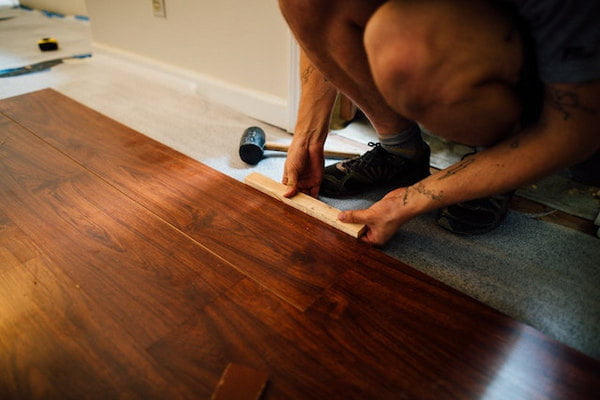
How to Start a Flooring Business in 2023: A Step-by-Step Guide. Are you considering venturing into the flooring industry in 2023? Starting a flooring business can be a lucrative endeavor, especially as the demand for quality flooring solutions continues to grow. In this comprehensive guide, we’ll walk you through the step-by-step process of starting your own flooring business in 2023.
How to Start a Flooring Business in 2023: A Step-by-Step Guide
- Market Research and Planning
It’s imperative to carry out careful market research before starting any firm. This step will help you understand the current trends in the flooring industry, your target audience, and your competitors. Ask yourself:
What types of flooring materials are in high demand?
Who are your potential customers (homeowners, businesses, contractors)?
Who are your rivals, and what are their advantages and disadvantages?
By answering these questions, you’ll be better equipped to formulate a solid business plan tailored to your niche.
2. Create a Detailed Business Plan
Your successful business strategy is a well-thought-out business plan.
It should outline your business’s mission, vision, and goals, as well as your financial projections, marketing strategies, and operational plans. Your business plan will be essential when seeking funding or investors.
3. Legal Considerations and Business Registration
Next, you’ll need to take care of the legal aspects of starting a business. Choose a suitable business structure (e.g., LLC, sole proprietorship, partnership) and register your business with the appropriate authorities. Don’t forget to obtain any necessary licenses or permits to operate legally in your area.
4. Financing Your Flooring Business
Starting a flooring business requires a significant initial investment. You’ll need funds for equipment, inventory, marketing, and operational expenses. Explore your financing options, such as personal savings, business loans, or investors, to secure the necessary capital.
5. Location and Equipment
Select a suitable location for your flooring business. Consider factors like accessibility, visibility, and proximity to suppliers and potential clients. Acquire the necessary equipment and tools for your flooring services, including installation, repair, and maintenance.
6. Supplier Relationships
Building strong relationships with reliable flooring material suppliers is essential. Research and choose suppliers who offer quality materials at competitive prices. Maintaining good supplier relationships can help you secure discounts and ensure a steady supply of inventory.
7. Skilled Workforce
Hire skilled and experienced flooring professionals to provide top-notch services to your clients. To keep your team up to date on the newest market trends and methodologies, invest in regular training.
8. Marketing and Branding
To attract customers, create a strong online and offline presence. Create a professional website to display your offerings, portfolio, and recommendations from clients. To increase the visibility of your website in search engine results, spend money on search engine optimization (SEO).

Utilize social media platforms like Instagram, Facebook, and LinkedIn to share your work, engage with your audience, and build a loyal following. Networking with local contractors and builders can also help you secure contracts.
9. Pricing Strategy
Determine your pricing strategy by considering factors such as materials, labor, overhead costs, and market competition. Be competitive but ensure your prices cover all expenses and leave room for profit.
Read Also:-
- How to Start a Successful Business for the First Time
- How to Start a Photography Business
- How to Start a Spice Business from Home
10. Quality Assurance and Customer Service
Quality workmanship and exceptional customer service are key to building a positive reputation in the flooring industry. Always prioritize customer satisfaction, and be responsive to feedback and concerns.
11. Marketing and Expansion
Invest in advertising campaigns as your company expands to increase the number of your customers. To entice new clients and keep existing ones, take into account offering specials or discounts. To increase your offers, you can also look into other services like floor refinishing or environmentally friendly practices the flooring solutions.
12. Financial Management
Continue regular tabs on the finances of your company and make any budget adjustments. Taxes, spending, and income should all be tracked. For better managing your finances, think about hiring an accountant or utilizing accounting software.
13. Stay Informed and Adapt
The flooring industry is constantly evolving, with new trends, materials, and technologies emerging. Stay informed about industry developments, and be willing to adapt and innovate to meet changing customer needs and preferences.
How to Start a Flooring Business in 2023: Guide
Starting a flooring business in 2023 can be a rewarding venture with the right planning and execution. Conduct thorough research, create a detailed business plan, and focus on delivering high-quality services to build a successful and profitable flooring business.
Remember that success in the flooring industry requires dedication, continuous learning, and a commitment to customer satisfaction.
If you follow this step-by-step guide and stay dedicated to your business, you can carve out a niche in the competitive flooring market and thrive in 2023 and beyond. Good luck on your journey to becoming a successful flooring business owner!




